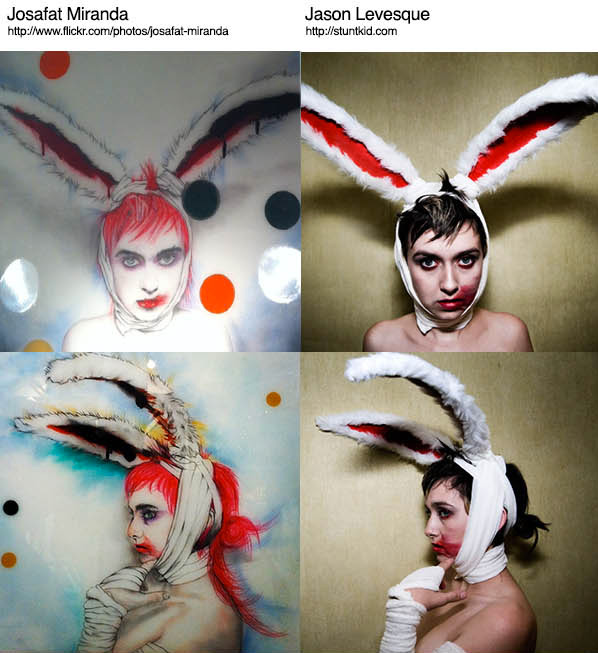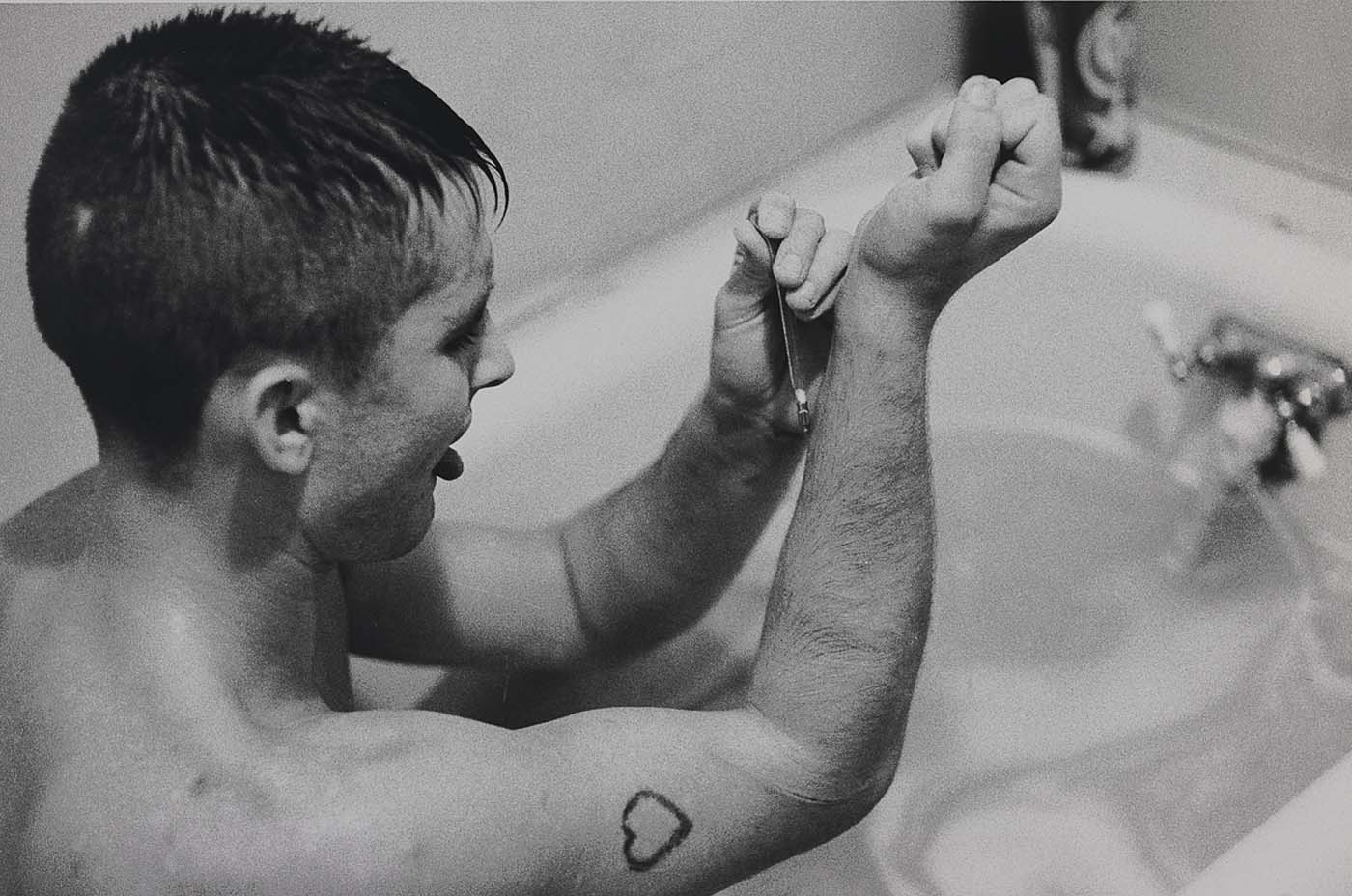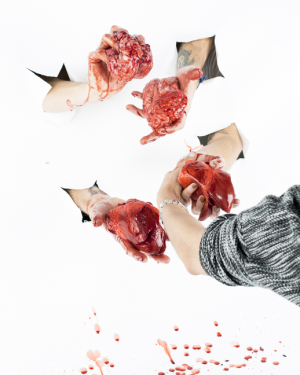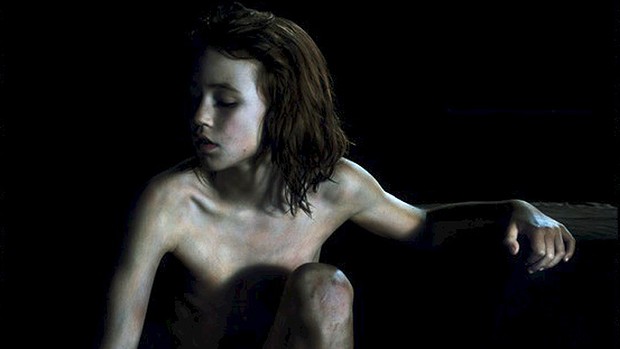
When I visited Huis Marseille, a photography museum in Amsterdam, the Netherlands, I discovered Lionel Wendt, a man who hid his sexuality from the public eye despite his homoerotic photography.
Born in Colombo, Sri Lanka (formerly the British colony Ceylon between 1802 and 1948), Lionel Wendt lived from 1900 to 1944. Although he was also a pianist and teacher, he excelled at and is most famous for photography. He printed his film in his darkroom and experimented with various techniques; some examples are photogram, photomontage, double printing, and solarization. He was important in the photography community in Ceylon; in 1934, he, along with Bernard G. Thonrley and P.J.C. Durrant, established the Photographic Society of Ceylon, as well as a photography studio, Chitrafoto. Furthermore, he was a significant figure in the avant-garde movement in Ceylon, with two solo exhibitions between 1938 and 1940. After his death of cardiac asthma, his negatives were destroyed, but his experimental work survives.
His subject matter focused primarily on Ceylonese culture, from the island to the people. The exhibit in Huis Marseille displayed many homoerotic photos with men and boys, some in traditional loincloths and others more fully clothed. Because his models were clothed in Ceylonese garb, Wendt disguised his sexuality through art. I found his photos with male subjects to be effeminate and soulful; Wendt was exceptionally skillful at capturing the liveliness of someone’s gaze on camera. He expressed the natural beauty and depth of both Ceylon and his models in his photos, showing an understanding and an appreciation of his culture that resulted in breathtaking artwork.
Since 1885, homosexuality has been illegal in Sri Lanka with “with up to 10 years of prison for ‘carnal knowledge’ against order of nature,” according to Equaldex. The LGBTQ+ history of Sri Lanka is rich and messy, even to this day. The government still criminalizes homosexuality but claims to be making steps toward stopping discrimination based on sexual orientation with their Human Rights Action Plan. However, conversion therapy is still practiced, and same-sex couples are not recognized and cannot adopt. And of course, like any society, there are individuals and groups that act against the government and violate rules and regulations to disturb and terrorize the LBGTQ+ community.
Despite the technicalities of being a criminal of his time and now, Wendt is well-known in Sri Lanka, with an art center and theater dedicated to and named after him. So, to answer my earlier question, Lionel Wendt is both a criminal and an icon. His fame proves that his talents spoke louder than his condemned sexuality, but his sexuality remains nonetheless.
However, today’s LQBTQ+ community in Sri Lanka still lacks basic human rights and faces discrimination and abuse. The praise of Wendt but the disapproval of other LGBTQ+ individuals do not correlate. Can sexuality be excused or not? Is it a crime or not? The current political situation regarding the community is difficult to understand, considering criminalization of homosexuality is discrimination. Could Wendt’s positive reputation signify hope for a more accepting, equal society in Sri Lanka?






